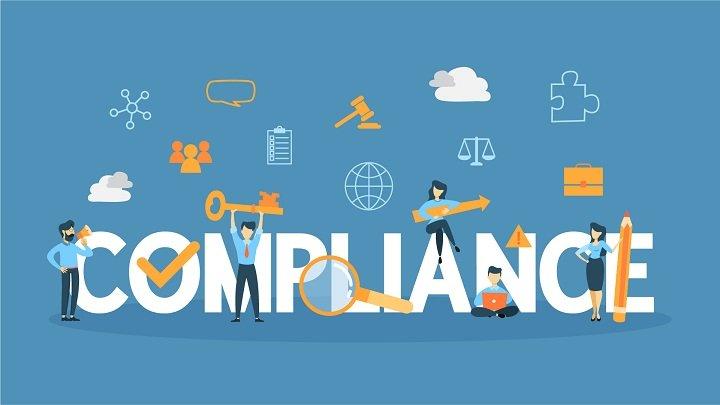Most of you may have come away from this discussion with the impression that cloud-based compliance plays a significant part in an organization’s success or not. The answer to your question is a resounding YES!
For many businesses, cloud compliance has been a major issue. When one decides to shift his data to the cloud, the requirement for Cloud-based compliances arises. The majority of Cloud Service Providers (CSPs) did not place a high priority on the security of the data hosted or whether it complied with industry-defined compliances and standards. The main objective of these CSPs was to provide data storage as well as Cloud storage to businesses. CSPs are becoming more cognizant of offering Cloud compliances and certifications as the demand for tough data legislation grows across the globe.
Achieving Success with Cloud Compliances
So, with such a rapidly evolving security ecosystem and new compliances on the horizon, let’s see how these compliances might assist enterprises in achieving success.
1. Clear Understanding of Regulations and Guidelines
Looping in a variety of industry standards and laws that everyone must follow is one of the most important components of Cloud compliance. These restrictions can be municipal, national, or even global in scope, and they must be followed to the letter. With the advancement of technology, CSPs are now able to deal with a variety of Cloud compliances through a team of professionals who work tirelessly to guarantee that compliances are satisfied. Having such a dedicated team allows businesses to access all compliance infrastructures on the fly, with the team in charge of audits. Users can also download audit reports for use in showing compliance requirements.
The most important thing for the every user is to stay informed about all of the applicable and well-defined policies and processes. The user’s CSP must also adhere to these standards at all times and be able to produce supporting documentation for all such adherences.
2. Access Controls
The lack of proper authentication and access control in businesses can be a major source of data leaks. MFA (Multi-factor Authentication) techniques are seen as hard and time-consuming by the majority of businesses. Enterprises can avoid serious security problems by implementing such sophisticated technological mechanisms. Single Sign-On, or SSO, can be a useful feature for users, but it can also raise the risk of being hacked if a user’s login credentials are compromised.
Using MFA is the greatest way to limit the danger of data or credentials being compromised. MFA is a highly secure method that makes it harder for hackers to gain access to your account. Users must utilise a secondary authentication source in addition to their login credentials to log in. Utilizing MFA minimises the possibilities of someone using his credentials to steal sensitive information without his permission.
3. Classifying the Data and Its Storage
Understanding where the data is stored is one of the most important aspects of Cloud compliance. In audits, users must specify the specific location of their data as well as the safeguards in place to preserve it. The users must carefully examine CSPs and obtain the necessary documents regarding the location of the servers. The bulk of industry regulations and compliances require CSPs like bodHOST to host their data within the geographic boundaries of the hosting nation.
Users must categorise their data and determine what needs to be transferred to the Cloud once the CSP has been assessed. Because of compliance and security considerations, it is strongly advised that confidential and sensitive data be kept on the company’s internal network. Private Cloud hosting, which is housed on-premises and provides Cloud storage, is a wonderful alternative to investigate.
4. Keep on Encrypting the Data
The next step is to encrypt the data from his CSP once it has been categorised. When essential information is encrypted, it is protected from all threats and attacks. Encryption of data also ensures that it meets different compliance requirements. The majority of CSPs provide encryption on their end. If the CSP provides data encryption, the user must understand what type of encryption is being offered and how it might be used. The users must be aware of encryption at all times, whether it is in transit or in use. During the transit phase, certain standard protocols must be followed to ensure encrypted and secure communication between users and the servers.
Typically, CSPs create a virtual network by restricting internal access and encrypting the traffic volume travelling between the workstations in the Cloud. Virtual networks can be extremely beneficial since they eliminate the possibility of data theft.
Conclusion
CSPs must follow a slew of rules and compliances when it comes to cloud hosting. Over time, the majority of CSPs have begun to recognise the significance of these compliances. These regulations ensure that data stored in the cloud is entirely safe and secure from all types of threats and attacks.
For more information about cloud hosting, feel free to visit our website, Mondoze Global.


